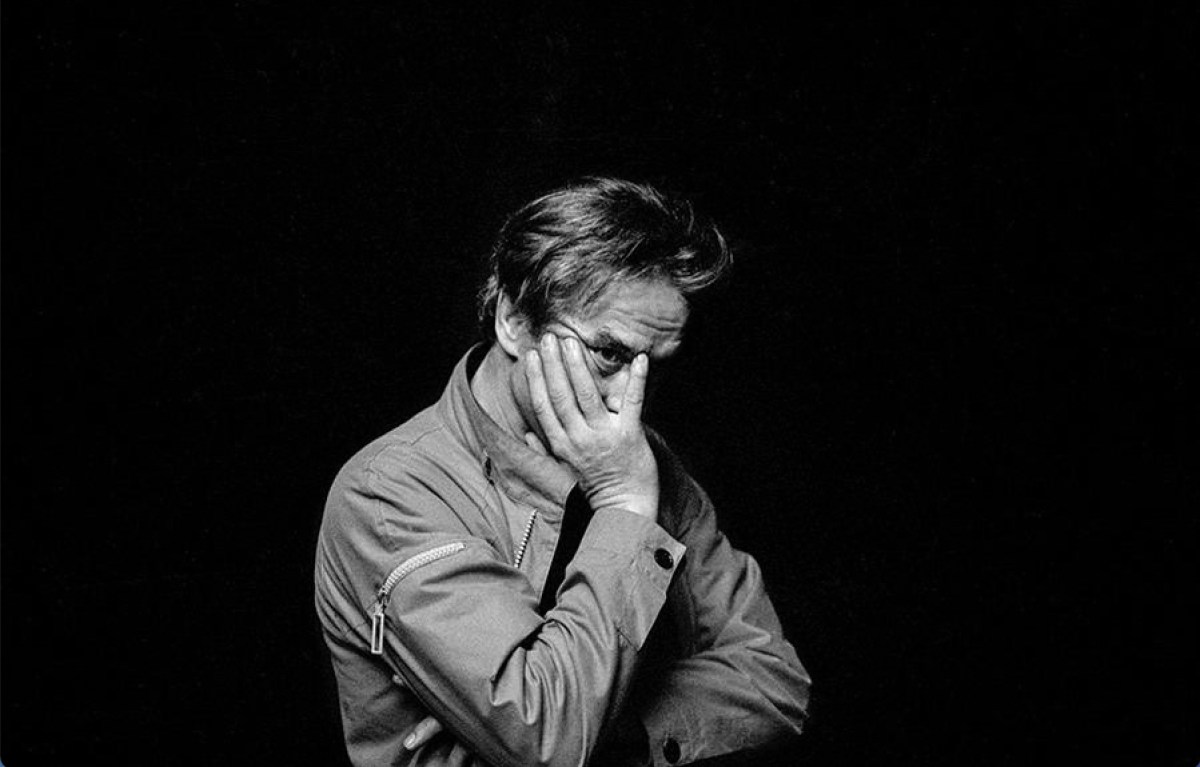For many, John Cassavetes was the ultimate independent American filmmaker. An actor, writer and director, he created deeply personal work outside of the studio system. His films were low budget, intimate and experimental – and focused on difficult relationships and unique characters. Themes included toxic masculinity, love, marriage, alcoholism, and midlife crises. They privileged the actor’s role in the creative process and Cassavetes was a filmmaker who extended what was possible in the medium.
The Classic and Lido cinemas in Melbourne, and the Ritz in Sydney, have announced a complete retrospective of Cassavetes’ 12 directorial features, from his breakthrough film Shadows (1959), through to his final film Big Trouble (1986).
Screening under the program title of ‘Small Feelings: The Films of John Cassavetes’, this the first time all of the director’s films have been exhibited together in Australia. They will be be shown on subsequent Thursday nights at 7pm from 29 August until 14 November 2024.
Read: Three hidden cinema gems to stream on ABC iview
Who was John Cassavetes?
Starting his career as an actor in mainstream productions like Edge of the City (1957), Cassavetes found his early roles creatively unsatisfying. He was inspired to prove that he could do better and embarked on a three-year project to make his own work. His debut as a writer-director was the racial identity drama Shadows, which won enough critical acclaim to attract Hollywood attention.
Cassavetes famously created the system of ‘one for the studios and one for himself’, where he would act in major productions like The Dirty Dozen and Rosemary’s Baby in order to fund his own independent films. He wrote, directed and occasionally starred in these films of his own, which included Faces (1968), Husbands (1970), A Woman Under the Influence (1974) and Love Streams (1984).
These films featured regular acting collaborators, including Cassavetes’ wife Gena Rowlands, Peter Falk, Ben Gazzara and Seymour Cassel. Cassavetes wrote A Woman Under the Influence (1974), essentially to give Rowlands a great role, and she is unforgettable in that film as a heavy-drinking wife at odds with her working class husband. Rowlands was nominated for an Academy Award for the performance and Cassavetes was nominated as director.
Scorsese on Cassavetes
In a tribute to Cassavetes, published in 1989, Martin Scorsese said that Cassavetes was the filmmaker who ‘made it possible for me to think you could actually make a movie’.
Scorsese wrote: ‘When I hear the term independent filmmaker, I think immediately of John Cassavetes. He was the most independent of them all. For me, he was and still is a guide and a teacher. Without his support and advice, I don’t know what would have become of me as a filmmaker. The question “What is an independent filmmaker?” has nothing to do with being inside or outside the industry or whether you live in New York or Los Angeles. It’s about determination and strength, having the passion to say something that’s so strong that no one or nothing can stop you.’
Cassavetes on Cassavetes
In an article titled ‘What’s Wrong With Hollywood’, from the Spring 1959 issue of Film Culture, Cassavetes made criticisms of the film business that stand today. Cassavetes wrote:
‘Without individual creative expression, we are left with a medium of irrelevant fantasies that can add nothing but slim diversion to an already diversified world. The answer cannot be left in the hands of the money men, for their desire to accumulate material success is probably the reason they entered into filmmaking in the first place. The answer must come from the artist himself. He must become aware that the fault is his own, that art and the respect due to his vocation as an artist are his own responsibility. He must, therefore, make the producer realize, by whatever means at his disposal, that only by allowing the artist full and free creative expression will the art and the business of motion pictures survive.’
Cassavetes did tend to pontificate at length about his process, so there is much to explore if you want more of that. Modern viewers may need patience coming to some of the films for the first time. They do ask you to sit still with uncomfortable feelings, including, sometimes boredom or disgust. But then they’ll reward you with a performance or a nuance of emotion you’ve never quite seen before. Collider ranks his 10 best films and names Gloria as the most accessible.
For a real deep dive into Cassavetes, visit this Senses of Cinema Great Directors essay by Jeremy Carr.
Small Feelings: John Cassavetes film program at the Classic, Lido and Ritz
- Thursday 29 August, 7pm: Shadows (1959)
- Thursday 5 September, 7pm: Too Late Blues (1961)
- Thursday 12 September, 7pm: A Child is Waiting (1963)
- Thursday 19 September, 7pm: Faces (1968)*
- Thursday 26 September, 7pm: Husbands (1970)
- Thursday 3 October, 7pm: Minnie & Moskowitz (1971)
- Thursday 10 October, 7pm: A Woman Under the Influence (1974)
- Thursday 17 October, 7pm: The Killing of a Chinese Bookie (1976)**
- Thursday 24 October, 7pm: Opening Night (1977)
- Thursday 31 October, 7pm: Gloria (1980)
- Thursday 7 November, 7pm: Love Streams (1984)
- Thursday 14 November, 7pm: Big Trouble (1986)
*130 minute director’s cut
**108 minute director’s cut
